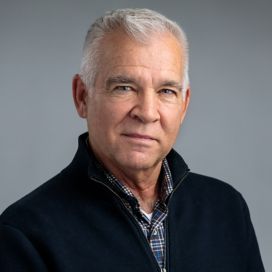Outcomes of Arts Engagement for Individuals and Communities

Engaging with the arts—whether creating or consuming art, practicing cultural traditions, or taking advantage of arts opportunities in one’s home or community—is purported to offer myriad personal and social benefits. Arts engagement is often cited as a contributor to individuals’ health, well-being, and connection to community; as a vehicle for strengthening social bonds and reinforcing cultural identities; and as a driver for community livability, resilience, and economic vitality. However, the degree to which different benefits have been tested through evidence-based research varies considerably. The William Penn Foundation commissioned NORC at the University of Chicago to review and assess existing research on the outcomes of arts engagement for individuals and communities.
Our research review represents a significant effort to provide an updated synthesis of academic, policy, and practitioner research and evaluation on the outcomes of arts engagement published from 2000 to 2020. Our objective was to synthesize current research to better understand the various levels of development—the maturity—of research supporting or challenging claims about the benefits of arts engagement for individuals, groups, and communities.
Overall, we found substantial variation in the maturity of different outcome areas. In addition to maturity assessments, our research review also provides synopses of key studies. It also discusses the extent to which current research can offer conclusive evidence about the efficacy of particular art forms, providers, durations, or contexts in which arts engagement occurs; the extent to which research addresses or calls attention to matters of racial, ethnic, economic, and geographic equity; and gaps in current knowledge, among other topics.
All told, our research review provides perspective on what is currently understood about the outcomes of arts engagement, areas in which there is more to be understood, and potential avenues for further building out evidence-based knowledge.
Related Tags
Project Leads
-
Gwendolyn Rugg
Senior Research ScientistProject Director -
Michael Reynolds
Senior Vice President & DirectorSenior Staff








